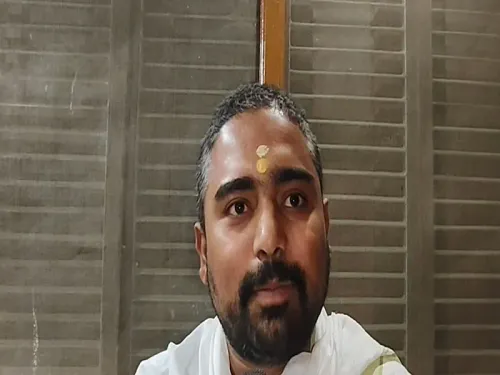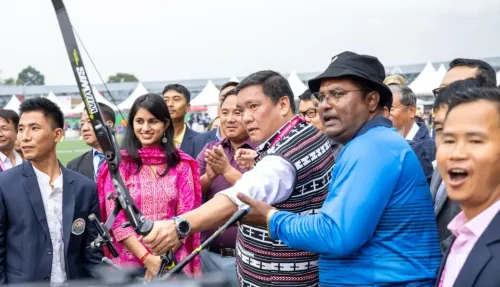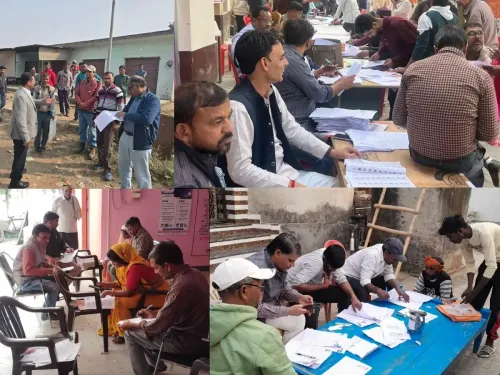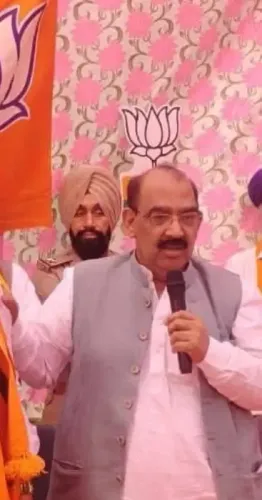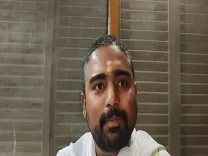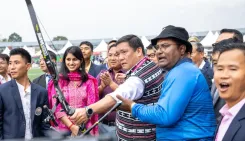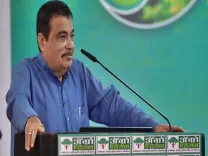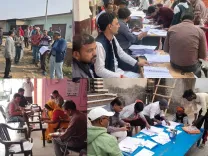Will the Supreme Court Restore Statehood to J&K Today?
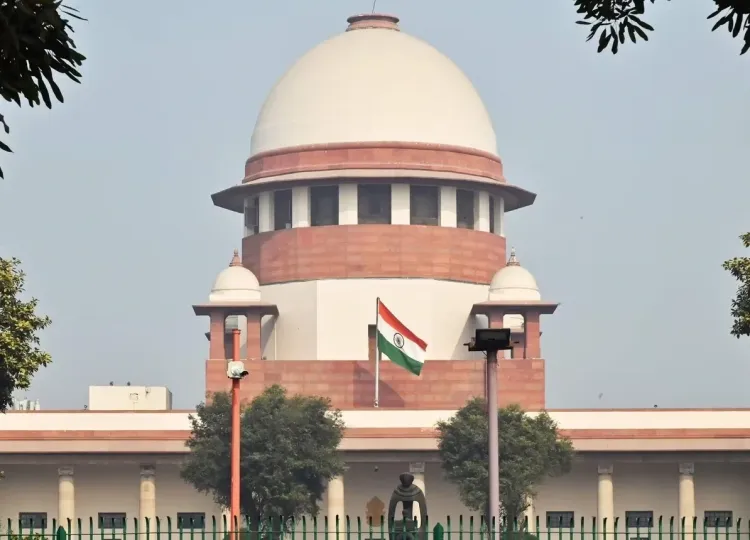
Synopsis
Key Takeaways
- Supreme Court to hear petitions for Jammu and Kashmir statehood.
- Chief Justice B.R. Gavai leads the Bench.
- Statehood restoration could affect citizens' rights.
- Timely elections are mandated by the Constitution Bench.
- Federalism principles are at stake in this discussion.
New Delhi, Aug 14 (NationPress) The Supreme Court is set to address a collection of petitions on Thursday that advocate for the reinstatement of statehood to Jammu and Kashmir within a specified period.
As per the causelist available on the apex court's site, a Bench led by Chief Justice of India B.R. Gavai along with Justice K. Vinod Chandran will deliberate on this matter just one day prior to Independence Day.
Last week, CJI Gavai consented to keep the petitions on the hearing agenda after they were presented by senior advocate Gopal Sankaranarayanan.
One particular application, submitted by Zahoor Ahmed Bhat and activist Khurshaid Ahmad Malik, claimed that the extensive procrastination in restoring statehood is "seriously undermining the rights of the citizens of Jammu and Kashmir and infringing upon the principles of federalism."
The petitioners argued that the lack of a time-sensitive plan for restoration constitutes a violation of federalism, which is an essential element of the Constitution's Basic Structure.
In a pivotal ruling concerning Article 370, a five-judge Constitution Bench, headed by former CJI D.Y. Chandrachud, left the question open as to whether Parliament holds the power to revoke statehood by transforming a state into one or more Union Territories.
The Bench referred to an assurance from Solicitor General Tushar Mehta regarding the eventual restoration of statehood to Jammu and Kashmir.
During the hearings, SG Mehta, who is the second-highest law officer of the Centre, informed the court that the Union Home Ministry could not specify an exact timeframe, stating that it would require "some time" to reinstate statehood.
However, the Constitution Bench -- which also comprised Justices S.K. Kaul, Sanjiv Khanna, B.R. Gavai, and Surya Kant -- directed the Election Commission of India to conduct Legislative Assembly elections in Jammu and Kashmir under Section 14 of the Reorganisation Act by September 30, 2024, asserting that "statehood shall be restored at the earliest and as soon as feasible."
The verdict further affirmed Ladakh's classification as a Union Territory under Article 3(a) along with Explanation I of the Constitution, which permits the establishment of a Union Territory by separating a region from a state.
In May 2024, the Supreme Court rejected review petitions contesting this judgment, asserting that "no error apparent on the face of the record" existed and opting not to schedule the matter for an open court hearing.

